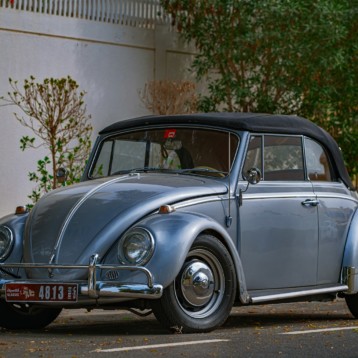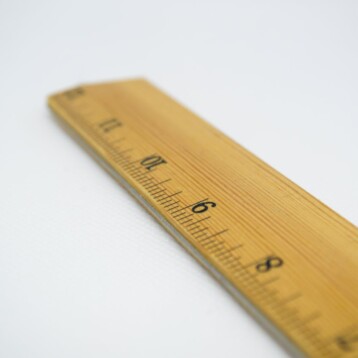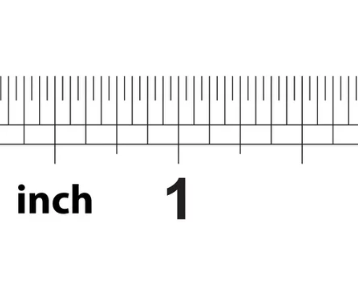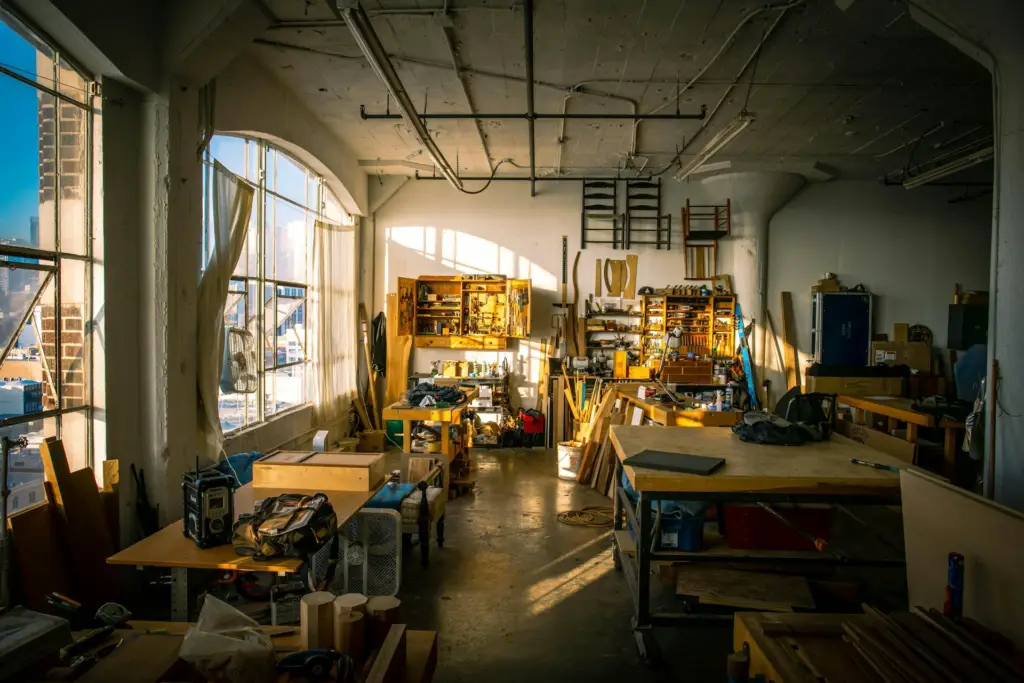
Embarking on a journey of creativity and craftsmanship requires more than just passion and skill—it demands an environment that fosters productivity and efficiency. A well-organised and equipped workshop is the foundation for successful projects, making the most of your time and talents. In this comprehensive guide, we’ll delve deeper into six essential tips for creating a workshop that not only meets your needs but elevates your entire creative process. Our focus will be on the strategic use of workshop equipment, particularly the versatile and dependable Really Useful Boxes.
1. Mastering the Art of Efficient Organisation
Creating a productive workshop starts with organisation. Enter Really Useful Boxes—the unsung heroes of workshop storage. These transparent containers are not just boxes; they’re a system designed to streamline your workspace. Available in various sizes, they offer a clear view of the contents, ensuring you can quickly locate tools, hardware, or materials. Labelling each box further enhances accessibility, saving you time and reducing frustration during your creative endeavours.
2. Crafting a Functional Workshop Layout
The layout of your workshop plays a crucial role in its overall efficiency. Consider the frequency of tool usage and place your most used business equipment strategically for easy access. By having commonly used items within arm’s reach, you minimise the time spent searching for tools, promoting a smoother workflow that enhances productivity.
3. Safety First: Secure Storage for Hazardous Materials
Prioritising safety in your workshop is non-negotiable. When dealing with hazardous materials, such as chemicals or sharp objects, turn to storage with secure lids for containment. Properly label these boxes and store them in designated areas away from high-traffic zones. This not only ensures a safe working environment but also contributes to the overall organisation of your space.
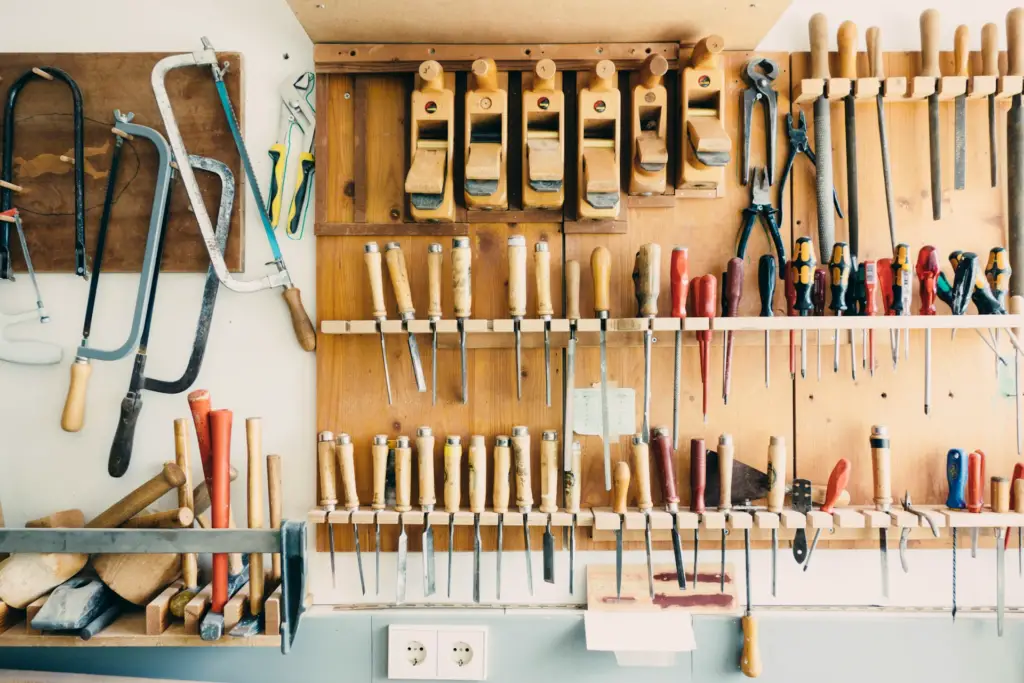
4. Elevating Your Craft with Quality Workshop Equipment
The heartbeat of your workshop lies in the tools you wield. Invest in high-quality, durable equipment that can withstand the demands of your projects. From power tools to hand tools and specialised machinery, opt for reliable brands with a proven track record. Well-maintained tools contribute to a seamless project execution, reducing the likelihood of unexpected setbacks.
5. The Ergonomic Workshop: Prioritising Comfort
Ergonomics is not just a buzzword; it’s the key to a comfortable and efficient workspace. Utilise storage boxes to store items at ergonomic heights, minimising strain on your back and shoulders. You may also consider investing in adjustable workbenches and chairs to further customise your workspace to your needs. An ergonomic setup not only enhances comfort but also promotes a healthier and more sustainable workshop environment.
6. Cultivating Creativity and Inspiration
A workshop is not just a utilitarian space; it’s a canvas for creativity. Use Really Useful Boxes to organise materials in a way that sparks your imagination. Consider creative arrangements, such as colour-coding or grouping items by project type. A visually stimulating environment fosters creativity and positivity, contributing to a mindset that boosts productivity and elevates the quality of your work.
Final Thoughts
In conclusion, creating the ultimate workshop environment is a holistic endeavour that involves thoughtful organisation, quality equipment, and a commitment to safety. By incorporating efficiency into your workshop setup, you’re not just organising; you’re revolutionising your workspace. Remember, a well-organised and inspiring workshop is not just a place to work; it’s a space that fuels your passion and enhances your creative journey.





